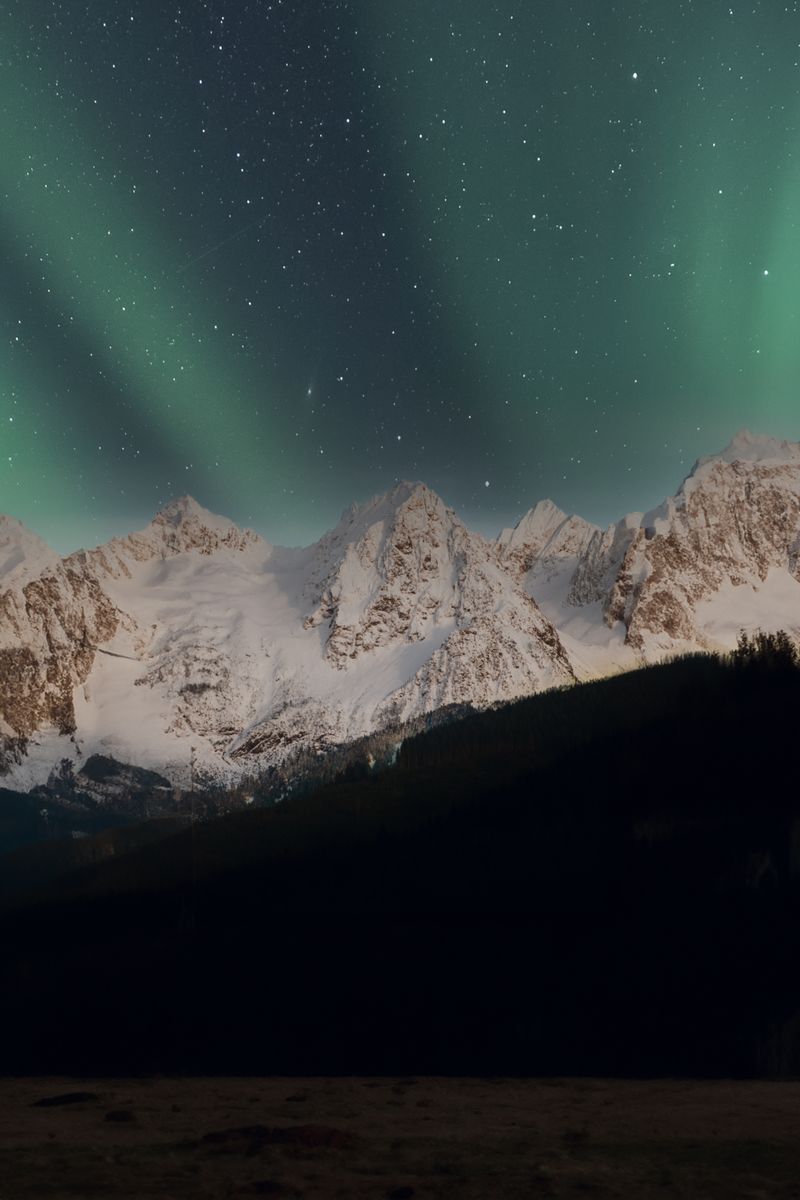Critics of the Flower Moon: Devery Jacobs Calls Out “Killers of the Flower Moon” for its Graphic Violence against the Osage People
Criticism has arisen surrounding Martin Scorsese’s latest film, “Killers of the Flower Moon,” with Indigenous actor Devery Jacobs taking to social media to express her “strong feelings” about the movie’s portrayal of violence against the Osage people. Jacobs, known for her role in FX’s hit comedy “Reservation Dogs,” called the film “painful, grueling, unrelenting, and unnecessarily graphic.” Despite her critique, she praised the performance of Lily Gladstone, who played the role of Mollie Burkhart, and called for her to be awarded an Oscar.
A Painful Experience: Jacobs’ Unflinching Critique
As an Indigenous Canadian actor, Jacobs found watching “Killers of the Flower Moon” to be a distressing experience. In a Twitter thread, she explained, “Being Native, watching this movie was fucking hellfire.” Jacobs pointed out the explicit portrayal of atrocities committed against the Osage people and expressed her dismay at having to endure scenes of white men discussing and planning killings. She commended Gladstone’s performance but criticized the underdeveloped nature of other Indigenous characters in the film.
Normalizing Violence and Villainizing Indigenous People
Jacobs went on to criticize Scorsese’s use of violence in the film and argued that it further dehumanizes Indigenous people. She contended that by showing more murdered Native women on screen, the film normalizes the violence perpetrated against Indigenous communities. Jacobs urged for a more comprehensive representation of Native people on-screen, emphasizing that their cultures, languages, joy, and love are far more interesting and humanizing than showcasing the horrors inflicted upon them by white men.
Scorsese’s Intentions and the Centering of the Osage People
Martin Scorsese had expressed his desire to center the Osage people in “Killers of the Flower Moon,” deviating from the source material, David Grann’s book of the same name, which focused primarily on federal agent Tom White. However, some critics, including Jacobs, argue that Scorsese’s efforts fell short. In an interview with Richard Brody, Scorsese discussed his responsibility to place the Osage people at the story’s forefront. Despite this intention, Jacobs believes that non-Native directors often prioritize the white perspective and Native people’s pain when telling their stories.
Towards Better Representation and Responsibility
Jacobs concluded her thread by expressing her frustration with the representation of Indigenous communities in film throughout the past century. She questioned whether “Killers of the Flower Moon” offered the representation that Indigenous communities truly needed after years of misrepresentation. In her final statement, she strongly condemned those who continue to benefit from the tragic history and exploitation of Native peoples, urging a shift towards more responsible storytelling and accurate portrayals.
Editorial: The Complexities of Representing Indigenous Communities on Screen
Devery Jacobs’ critique of “Killers of the Flower Moon” highlights the ongoing challenges of Indigenous representation in the film industry. It draws attention to the need for authentic storytelling that does not exploit the pain and trauma of Indigenous peoples for mere entertainment value. While it is important to recognize Martin Scorsese’s attempt to center Native perspectives, it is crucial for non-Native directors and storytellers to approach these narratives with sensitivity and consultation from Indigenous communities.
Moving Towards Authenticity and Respect
Diversifying the perspectives behind the camera and involving Indigenous voices throughout the filmmaking process is crucial to presenting a more nuanced and accurate portrayal of Indigenous communities. Consulting with Indigenous actors, writers, and cultural advisors ensures a well-rounded representation that goes beyond depicting Indigenous people solely as victims or vehicles for white protagonists’ stories. Authenticity and respect should be the guiding principles when portraying the history, culture, and experiences of Indigenous communities.
Advice: The Role of Audiences in Demanding Better Representation
As viewers, we too play a significant role in demanding better representation on-screen. By supporting films that authentically portray Indigenous communities and expressing our concerns when missteps occur, we contribute to a more inclusive and responsible film industry. It is important to amplify Indigenous voices, listen to their perspectives, and uplift their stories.
Supporting Indigenous Creators and Stories
Audiences can actively seek out and support films, TV shows, and other media created by Indigenous filmmakers and featuring Indigenous talent. By doing so, we not only help diversify the industry but also create a demand for more authentic and diverse storytelling. Additionally, engaging in conversations around representation, both online and offline, sustains the dialogue about the importance of accurate and respectful portrayals of Indigenous communities.
A Call for Change
Devery Jacobs’ critique of “Killers of the Flower Moon” is a reminder that we have a long way to go in achieving true and equitable representation in film. The industry must continue to address the historical misrepresentation and mistreatment of Indigenous peoples. By actively supporting Indigenous creators and demanding responsible storytelling, both filmmakers and audiences can work together to foster a more inclusive cinematic landscape.

<< photo by Luke Miller >>
The image is for illustrative purposes only and does not depict the actual situation.
You might want to read !
- Discovering New Depths: The Extraordinary Journey of Alvarez | EXCLUSIVE ARTICLE
- Breaking Barriers: Amanda Pelkey Named Ambassador for Female Hockey in the Devils Organization
- Queen Rania’s Statement Disputes Accusations of Hamas Beheading Babies
- Fran Drescher Unveils SAG Initiatives: A New Era in Hollywood Representation Begins
- Deciphering the Bold Conclusion of Killers of the Flower Moon
- The Intricate Conclusion of Killers of the Flower Moon: A Comprehensive Analysis
- “Unmasking the Dark Truth: How ‘Killers of the Flower Moon’ Brings the Untold Story to Light”
- Un scandale de transfert de prisonnier : Les autorités carcérales bloquent Paul …
- Paul Bernardo: Silence in Canada’s Prisons?




